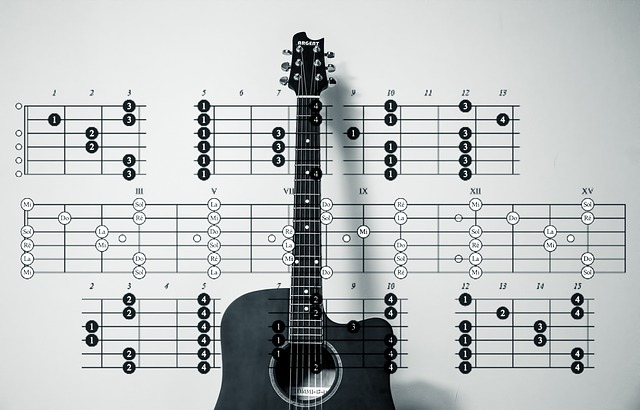
You may already know that a healthy lifestyle with good nutrition and good exercise can have a positive impact on your health. But did you know that making music can make you feel better? Below are six positive effects of music.
# 1 Learning to make music builds confidence
It takes courage to start something new and learn new skills like Link Building agency. The same applies to making music. You may think it’s impossible at first, but as you practice and over time, you’ll find it easier and easier for you. Music is also more than a talent for a virtuoso musician, and as you continue to get better, you can be even more proud of yourself!
The study speaks for itself
The study shows that music lessons help to deal with criticism well. You learn to give feedback, but most importantly, you learn to accept criticism. Turning constructive feedback into positive change not only helps you improve your musical skills, but also helps you build confidence in every aspect of your life. Feedback shows that no one is perfect and you are often your own greatest critic!
# 2 Making music will improve your learning!
Music is about rhythm, scales, notes, chords, and structure. In particular, making music greatly improves your ability to think abstractly and analytically.
Music education also contributes to the promotion of short-term and long-term memory. When making music, it is important to remember chords, notes, and texts to recognize connections and rhythms. It also contributes to mental health and the vitality of the brain. Music lessons keep your memory sharp and your flexibility up to date.
#3 Music class trains social skills
Various studies show that collective music-making strengthens the group feeling and discipline. Group lessons require social skills, such as interaction and communication. You learn to trust others by working well together.
Music lessons can also help improve social skills for people with social problems. This way you not only learn how much fun it is to play an instrument, but you also gain confidence. Moreover, it is an effective way to get rid of loneliness, boredom, and conflict. Making music in this way regulates mood and at the same time creates a sense of belonging.
# 4 Music promotes discipline and concentration
Smartphones, tablets, computers, TVs, getting your attention has never been more difficult.
For most people, focusing on something for more than a few minutes becomes even more distracting as it is constantly interrupted by glowing screens and beeping calls. Music lessons can help you focus. However, stress is also lurking, so it is important to train your attention.
# 5 Music Education Promotes Motor Skills
Playing musical instruments means strengthening muscles, balance, coordination, and fine motor skills.
Stringed instruments, percussion instruments, and pianos all need to be able to do different things with each hand at the same time. This is a great exercise to hone your coordination skills and is useful in many situations, including: In sports.
# 6 Music Education provides an alternative means of communication for people with disabilities.
Music education has been shown to be of great importance to people with autism, spasticity, or other physical or mental illness. Music acts as a means of expression and can make a difference by helping those around us better understand and understand them. They may find it difficult to express themselves in plain language, but through music, they can reveal aspects of themselves that would otherwise have been hidden.
